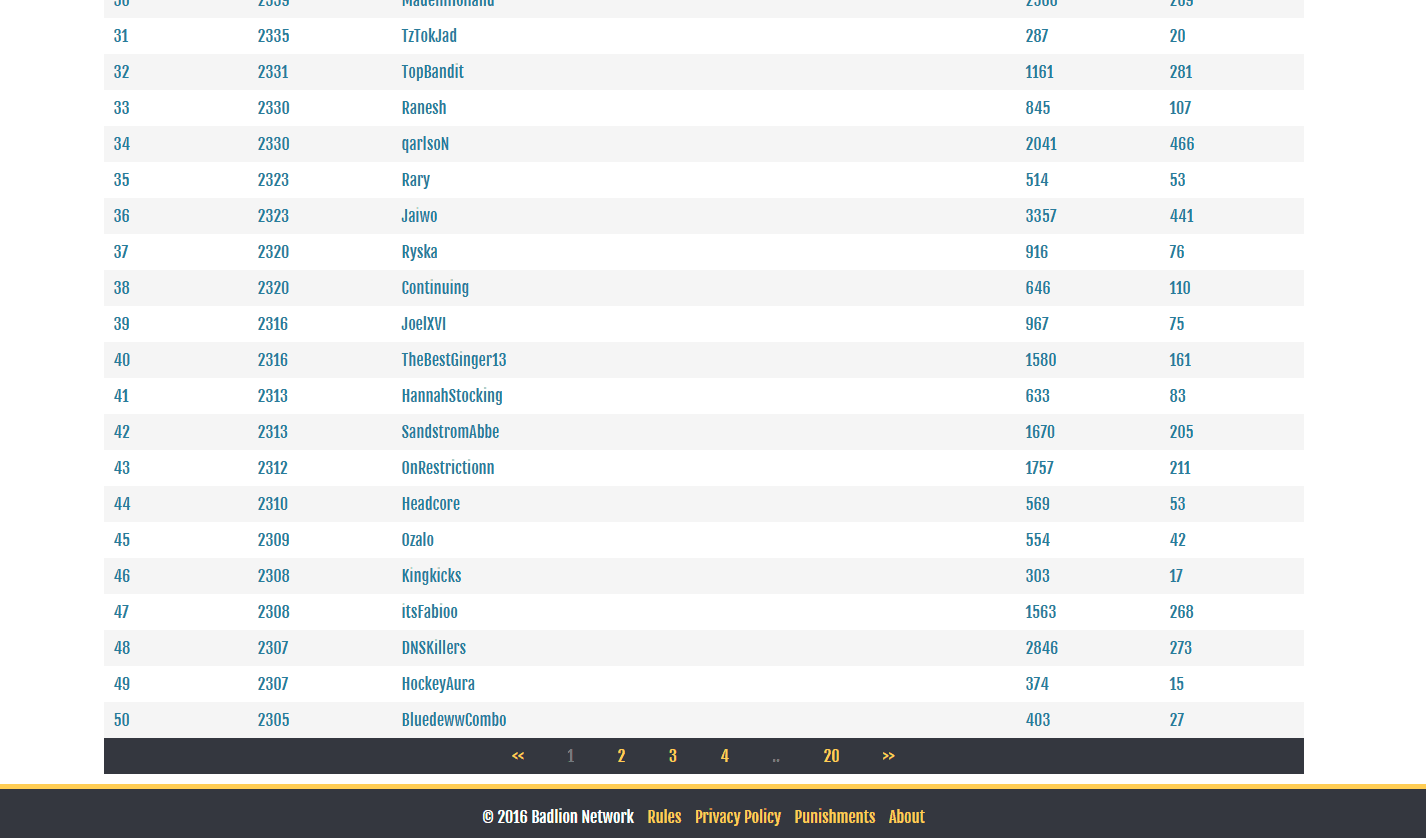Growing up, I spent countless hours immersed in virtual worlds, building elaborate structures in Minecraft, grinding away on MMOs (shoutout AdventureQuest Worlds, Dragonfable, Maplestory), and speedrunning Nintendo platformers/Switch titles (with a recent world record). Now, as a software engineer, I often reflect on whether my gaming background actually contributed to my career path. The short answer? Absolutely, but perhaps not in the ways you might expect.
The Foundation: Minecraft
Gaming, at its core, is about problem-solving. Whether you're debugging a redstone contraption in Minecraft, figuring out the most efficient speedrun route, or optimizing your build in an MMORPG, games constantly challenge players to think systematically and logically.
My First Programming Language
Before I ever wrote a line of code, I was "programming" with redstone in Minecraft. Creating automated farms, piston doors, and designing other contraptions taught me fundamental programming concepts without even realizing it:
- Logic gates and Boolean algebra through redstone circuits
- Loops and conditions via repeating mechanisms
- Optimization by minimizing redstone delay and resource usage
- Debugging when contraptions didn't work as expected
What I didn't realize at the time was that I was learning the same logical thinking patterns that would later become second nature in software development.
Igniting My Competitive Spirit?
But Minecraft wasn't just about redstone contraptions for me. With over 3-4,000 hours of total playtime, a significant chunk of that was spent grinding PvP on the various competitive servers (MCSG, Badlion, etc.), where I eventually reached top 75 globally the most popular Badlion kitPvP category.

Archived Badlion BuildUHC leaderboard (top 50)
Competing daily against thousands of players (including famous streamers like m0xy) instilled a level of competitiveness that kept me asking for more. The constant drive to climb leaderboards, finding weaknesses in my mechanics, and pushing through inevitable losing streaks taught me that improvement comes from obsessive attention to detail and relentless practice. This competitive fire didn't stay contained to Minecraft; it became the foundation for how I approach challenges in life (including speedrunning, which up next).
Speedrunning: My Obsession with Optimization
Speedrunning Nintendo platformers (and recently, getting a now-former world record time in Out of Space) completely rewired my brain around what "good enough" means. When you're chasing a personal best that's measured in milliseconds, nothing is ever good enough. That obsession with finding every possible optimization, no matter how small, is probably the most valuable thing I carried over into programming.

My Out of Space Unofficial Former WR (large ship, solo, no recording 😔)
But here's the thing about speedrunning that people don't talk about: you fail. A lot. Like, an embarrassing amount. You'll nail a difficult trick 50 times in practice, then choke on it during an actual run and have to start over. You'll lose a potential personal best to the dumbest mistake possible. You'll spend hours perfecting a new route, only to get hit with bad RNG in an actual run.
The dread of failing a good run is real. That sinking feeling when you mess up 15 minutes into what could have been your best time? I felt that probably hundreds of times. But somehow I kept coming back, tweaking my approach, trying to squeeze out just a few more frames of optimization.
Now when I'm optimizing database queries or refactoring code, I have that same itch. Why settle for "it works" when you could make it 10% faster? Why accept good code when you could make it great? And when I inevitably break something while trying to optimize it (because that always happens), the frustration feels familiar. It's the same dread as missing that frame-perfect jump, but I've built up a tolerance for it.
Speedrunning taught me that perfectionism isn't about never failing, but about being okay with failing constantly while you chase something just slightly better than what you had before.
MMO Grinding: Why I Don't Mind Long Coding Sessions
Years of grinding in AdventureQuest Worlds, DragonFable, and MapleStory didn't exactly teach me life lessons. I was just a kid having fun. But now that I'm dealing with marathon coding sessions and endless debugging, I realized that this stuff doesn't bother me the way it probably bothers other people.
Like, when I have to spend 6+ hours tracking down a single bug, or when I'm refactoring the same type of component for the hundredth time, there's this familiar feeling. It's the same mental space I occupied during those endless MapleStory grinding sessions: just zoning out, making incremental progress, not really thinking about how long it's taking.
But Gaming Isn't Everything
It's important to note that gaming alone doesn't make someone a programmer. The key is what you do with the skills and mindset that gaming develops, whether or not you realize it:
The Missing Pieces
Of course, while gaming may provide certain foundational skills, becoming a software engineer requires many more:
- Formal learning - understanding algorithms, data structures, and computer science principles
- Practical experience - building real projects and solving actual problems
- Professional skills - working with teams, managing projects, and understanding business requirements
My Personal Journey
Reflecting on my own path, gaming definitely influenced my career choice. The logical thinking, problem-solving skills, and persistence I developed through gaming made programming feel natural when I first encountered it. More importantly, gaming taught me to enjoy the process of figuring things out (which is essentially what programming is).
The Verdict
So to answer the original question: Yes, I believe gamers are more likely to become software engineers. This is not because of the gaming itself, but because of the problem-solving mindset and technical intuition that gaming cultivates. The question isn't whether gaming makes you a better programmer; it's whether you can recognize and harness the skills you've been developing all along.
What's your gaming origin story? Did your favorite games influence your career path? 🎮